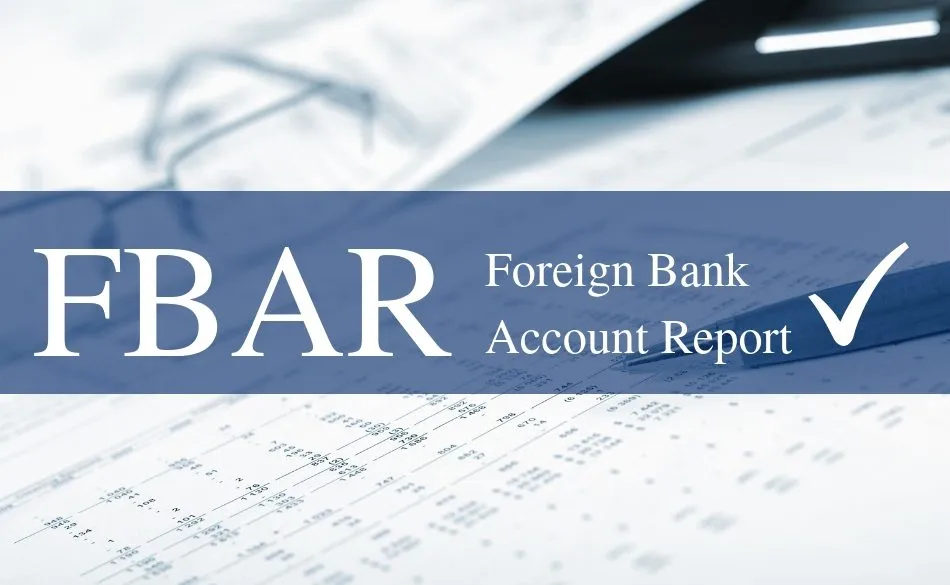 WhatsApp
WhatsApp
 Call Us
Call Us
 Email Us
Email Us
 Whatsapp Community
Whatsapp Community

As a Non-Resident Indian (NRI) in the US, ensuring compliance with US tax regulations is essential to avoid IRS penalties. One of the most critical requirements for NRIs is FBAR filing (Foreign Bank Account Report). If you have foreign bank accounts exceeding $10,000 in total at any time during the year, you must file an FBAR to remain compliant.
Failure to file FBAR correctly can lead to severe penalties, making it vital for NRIs to understand who needs to file FBAR, which accounts are reportable, and how to file FBAR in 2024. This comprehensive NRI taxation guide will help you stay compliant with US tax laws while maximizing tax benefits.
The Foreign Bank Account Report (FBAR) is an annual tax filing requirement mandated by the US Department of Treasury to track the foreign financial assets of US taxpayers, including NRIs, Green Card holders, and US residents with overseas accounts.
You must file FBAR (FinCEN Form 114) if:
The $10,000 threshold applies to the cumulative balance across all foreign accounts. If your total exceeds this limit at any time, you must report all applicable accounts, including:
To comply with FBAR regulations, NRIs must file FinCEN Form 114 electronically via the BSA E-Filing System.
Key FBAR Filing Deadlines:
Non-compliance with FBAR filing for NRIs can result in hefty fines:
Navigating NRI tax filing in the US can be overwhelming, especially with FATCA, FBAR, and foreign income tax implications. At Dinesh Aarjav & Associates, we specialize in NRI tax consulting and provide expert nri services in:
If you are an NRI, US citizen, or Green Card holder struggling with FBAR filing, FATCA reporting, or US tax return filing services, we can help!
Book a Consultation Now!
Visit dineshaarjav.com for expert NRI tax solutions tailored to your needs.







Stay in the loop, subscribe to our newsletter and unlock a world of exclusive updates, insights, and offers delivered straight to your inbox.